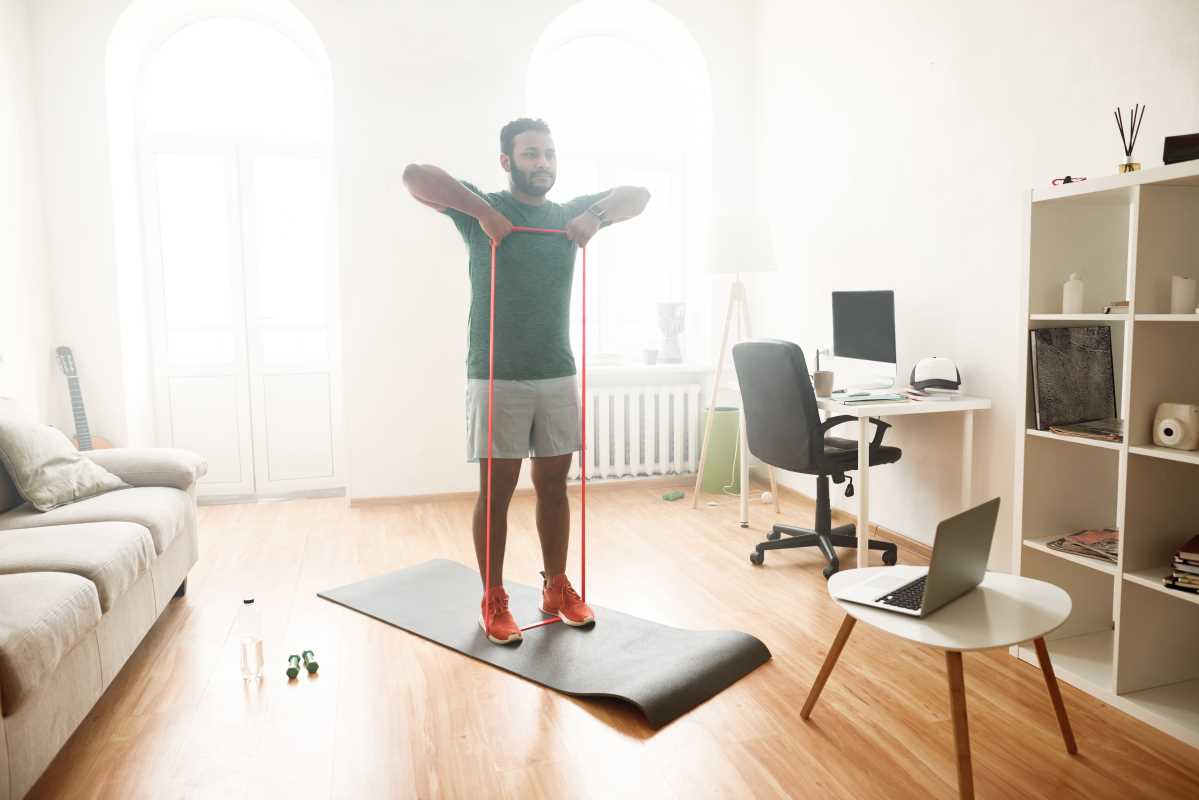For anyone eager to build muscle or recover from a demanding workout, the term "protein timing" has likely surfaced at some point. It’s often said that consuming protein immediately post-workout is essential for muscle repair. But is it true? Does the timing of your protein shake or meal actually make a difference, or is it just another fitness myth? Let's break it down.
The Science Behind Protein Timing
To understand protein timing, we need to explore the role protein plays in repairing and building muscle. When you exercise, particularly during strength training, you create tiny tears in your muscle fibers. This might sound harmful, but it’s actually necessary for muscle growth. Once the workout is complete, your body starts repairing those fibers through a process called muscle protein synthesis (MPS). It’s during this repair process that muscles grow stronger and larger.
Protein serves as the building block for this repair process. Its amino acids, specifically essential amino acids like leucine, help stimulate MPS. Logically, the idea of protein timing arises from the notion that providing nutrients at the "right time" enhances recovery.
The concept of an "anabolic window" has been widely discussed in fitness circles. This is the idea that consuming protein immediately before or after your workout (typically within 30-60 minutes) is crucial to maximize MPS. But how accurate is this belief, and do you have to sprint to the kitchen for your shake as soon as you drop your last dumbbell?
What Recent Studies Say
Recent studies on protein timing have challenged the notion that its exact timing is critical. Research suggests that the total amount of protein you consume throughout the day matters far more than when you consume it. For example, a 2013 systematic review found little evidence supporting the idea that a specific protein timing window is necessary for improved muscle repair or growth. Instead, it highlighted that spreading protein intake across meals is more important than consuming it in a single dose post-workout.
Another study from 2017 in Nutrients explored whether the supposed "anabolic window" actually exists. The findings suggest that MPS is elevated for up to 24-48 hours after resistance training. This means you have a broader window to consume your protein, as long as you’re meeting your daily protein needs. Admittedly, consuming protein before or after your workout may help convenience and habit-building, but it isn’t as time-restricted as once thought.
That said, for highly trained athletes or those engaging in two-a-day workouts, protein timing might provide a small edge. For example, endurance athletes may benefit from combining protein with carbohydrates post-workout to replenish glycogen stores while kickstarting recovery.
Busting Common Protein Timing Myths
“If I don’t have protein right after my workout, my gains will suffer.”
This myth assumes that missing the "anabolic window" does irreversible damage. However, as long as you're hitting your protein targets for the day, your muscles will still recover and grow.
“More protein means faster recovery.”
There’s a misconception that doubling or tripling your protein intake will speed up results. The truth is, your body can only use a certain amount of protein at a time. Consuming around 20-40 grams of protein per meal (depending on your size and activity level) is usually sufficient for stimulating MPS.
“Only supplements work for post-workout recovery.”
While protein shakes are convenient, they’re not mandatory. Whole foods like eggs, yogurt, chicken, tofu, or beans are just as effective.
Practical Tips for Optimizing Protein Intake
If you're looking to optimize muscle recovery without obsessing over timing, here are some practical strategies:
- Meet Your Daily Protein Needs: Your total protein intake over the day is the most important factor. Experts recommend consuming around 0.8-1.2 grams of protein per pound of body weight, depending on your activity level.
- Spread Protein Across Meals: Instead of eating most of your protein in one sitting, aim to distribute it evenly across 4-5 meals or snacks. This helps keep your body in a steady state of MPS.
- Combine Protein with Carbs Post-Workout: Pairing carbs with protein (such as chicken with rice or a smoothie with banana) can help replenish energy stores and improve recovery, especially after intense workouts.
- Listen to Your Hunger Cues: If you’re not hungry immediately after exercising, don’t force a meal. Wait until your appetite returns and then choose a balanced option.
- Consider Your Routine: If consuming protein shortly before or after a workout fits easily into your routine, there’s no harm in doing so. Just don’t stress if there’s a delay.
The Bottom Line
While the idea of protein timing has some science behind it, it’s less about a strict 30-minute post-workout window and more about hitting your overall protein needs throughout the day. Your muscles are highly adaptable and focus more on total intake than precise timing.
For the average gym-goer or fitness enthusiast, stressing over protein timing likely won't yield significant benefits. A more realistic and sustainable approach is to focus on eating a well-balanced diet rich in high-quality protein sources and ensuring you’re consistent day to day. However, elite athletes or those pushing their limits regularly may see small benefits from careful nutrient timing.
Ultimately, the best "timing" for protein is what works with your lifestyle and keeps you on track with your goals.







